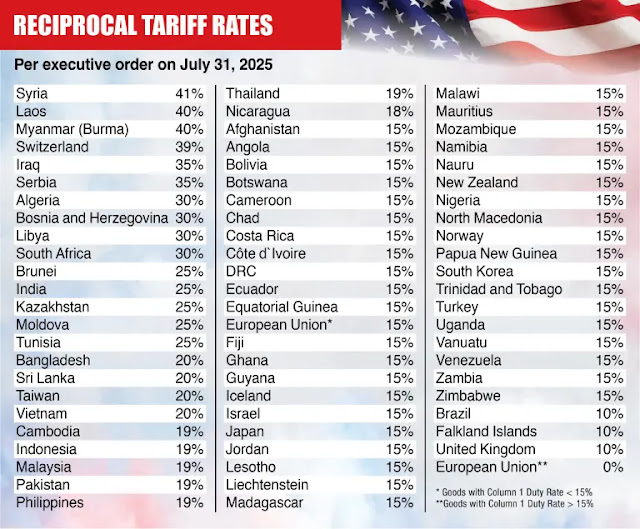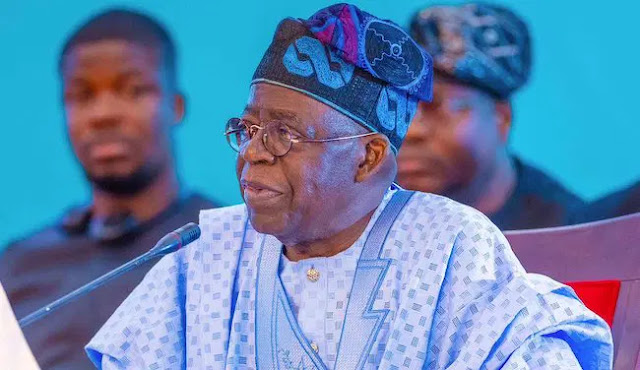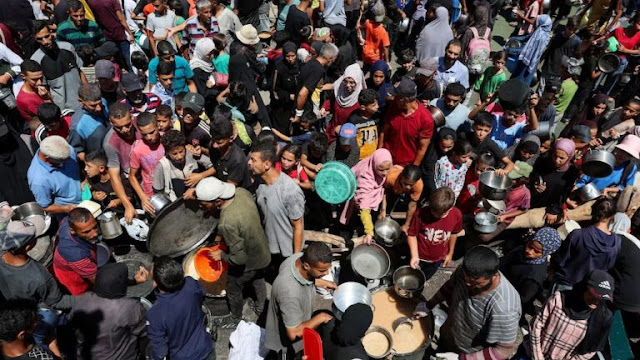The White House has unveiled a revised list of tariff rates targeting nearly 70 countries, set to take effect from August 7. The release follows four months of intense negotiations aimed at securing reciprocal trade agreements with U.S. trading partners.
Some of the most notable rates include 15% for Iceland and Israel, 30% for South Africa, 39% for Switzerland, and 20% for Taiwan and Vietnam. Brazil’s tariff will spike to 50% starting August 6, while Syria, Laos, and Myanmar will face some of the steepest rates — 41% and 40% respectively. Iraq and Serbia will also face a 35% tariff, matching the new rate for Canada after a recent adjustment.
Interestingly Nigeria has been hit with 15% trade tariff. Israel’s new rate of 15% is two percentage points lower than the previously announced 17%, despite not having finalized a formal agreement with the U.S.
Given that South Africa — Nigeria’s continental rival is already on the penalty list with a 30% tariff, the FG must now reconsider its trade diplomacy with Washington.
Nigeria’s non-alignment or delay in forming solid economic pacts with major powers like the U.S. may come at a steep cost, especially if the Trump administration wins a second term in 2028 and continues this protectionist trajectory.
In light of this, political analysts are urging the Tinubu-led administration to take a more proactive stance in international trade discussions, especially in the face of potential global economic reshuffles. As the U.S. pivots to bilateral trade deals and high-tariff enforcement, countries like Nigeria must either evolve or risk marginalization.
US President Trump stated that certain countries have either agreed to, or are close to agreeing to, “meaningful trade and security commitments” with the United States. Others have either declined to negotiate or offered terms that, in his view, fail to address trade imbalances or fall short of aligning with U.S. economic and national security interests.
According to the executive order, any country not specifically listed will default to a 10% tariff rate.
The White House also confirmed that about one-third of all U.S. trade has already been secured under major deals prior to this update. Over the weekend, a significant agreement was reached with the European Union, establishing a 15% tariff in exchange for the EU agreeing to purchase $750 billion in U.S. energy and investing $600 billion into the American economy.
Additional framework agreements were made with several countries: 10% for the United Kingdom, 19% for the Philippines and Indonesia, and 15% for Japan and South Korea.
In a statement, the White House emphasized that the order reflects a broader effort to “take back America’s economic sovereignty,” and address longstanding trade practices deemed unfair to U.S. workers. While previous tariff policies sparked economic concerns, officials now claim these measures have attracted major investments and strengthened the U.S. economy.
White House officials also noted that more than 100 countries remain in ongoing negotiations. The administration confirmed that its trade and tariff teams are working closely with international counterparts to finalize agreements and potentially adjust rates before they take effect.






